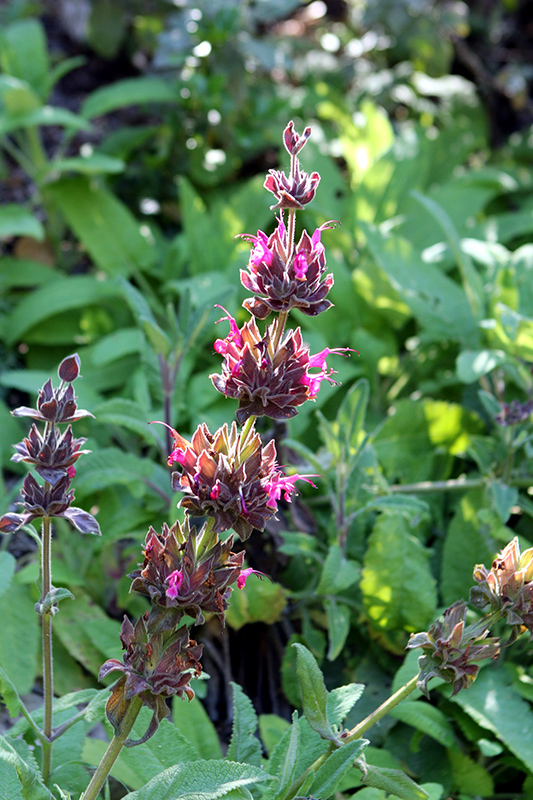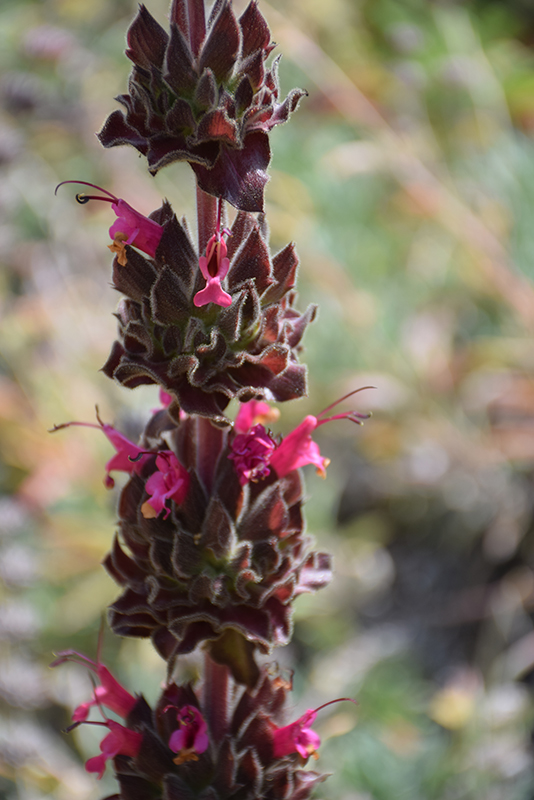Plant Height: 18 inches
Flower Height: 30 inches
Spread: 4 feet
Sunlight:
![]()
![]()
Hardiness Zone: (annual)
Description:
A low growing, semi-evergreen variety, producing pagoda-like whorls of deep rose pink flowers on tall stalks from late winter to summer; arrow shaped bright green leaves are aromatic; great for dry, sunny areas; little water required once established
Ornamental Features
Hummingbird Sage has masses of beautiful spikes of lightly-scented rose tubular flowers with pink overtones and burgundy calyces rising above the foliage from late winter to mid summer, which are most effective when planted in groupings. The flowers are excellent for cutting. Its attractive fragrant narrow leaves remain grayish green in color throughout the year.
Landscape Attributes
Hummingbird Sage is an herbaceous annual with an upright spreading habit of growth. Its medium texture blends into the garden, but can always be balanced by a couple of finer or coarser plants for an effective composition.
This is a relatively low maintenance plant, and should only be pruned after flowering to avoid removing any of the current season's flowers. It is a good choice for attracting bees, butterflies and hummingbirds to your yard, but is not particularly attractive to deer who tend to leave it alone in favor of tastier treats. It has no significant negative characteristics.
Hummingbird Sage is recommended for the following landscape applications;
- Mass Planting
- Hedges/Screening
- General Garden Use
- Groundcover
- Naturalizing And Woodland Gardens
- Container Planting
Planting & Growing
Hummingbird Sage will grow to be about 18 inches tall at maturity extending to 30 inches tall with the flowers, with a spread of 4 feet. Although it's not a true annual, this plant can be expected to behave as an annual in our climate if left outdoors over the winter, usually needing replacement the following year. As such, gardeners should take into consideration that it will perform differently than it would in its native habitat.
This plant does best in full sun to partial shade. It prefers dry to average moisture levels with very well-drained soil, and will often die in standing water. It is considered to be drought-tolerant, and thus makes an ideal choice for a low-water garden or xeriscape application. This plant does not require much in the way of fertilizing once established. It is not particular as to soil type or pH, and is able to handle environmental salt. It is somewhat tolerant of urban pollution. Consider applying a thick mulch around the root zone in winter to protect it in exposed locations or colder microclimates. This species is native to parts of North America. It can be propagated by cuttings.
Hummingbird Sage is a fine choice for the garden, but it is also a good selection for planting in outdoor pots and containers. With its upright habit of growth, it is best suited for use as a 'thriller' in the 'spiller-thriller-filler' container combination; plant it near the center of the pot, surrounded by smaller plants and those that spill over the edges. Note that when growing plants in outdoor containers and baskets, they may require more frequent waterings than they would in the yard or garden.


